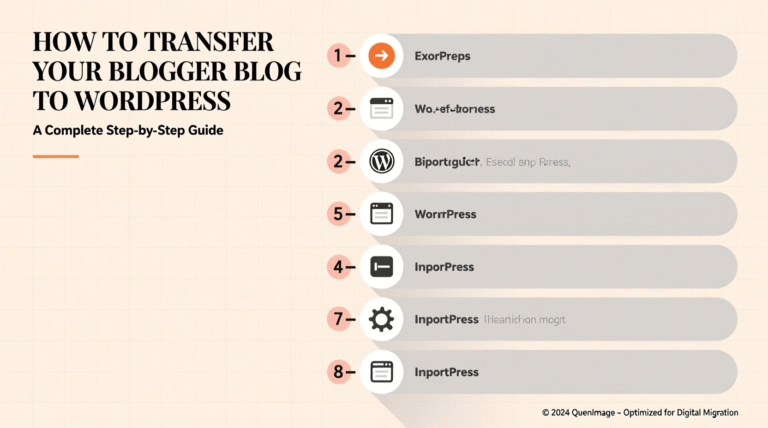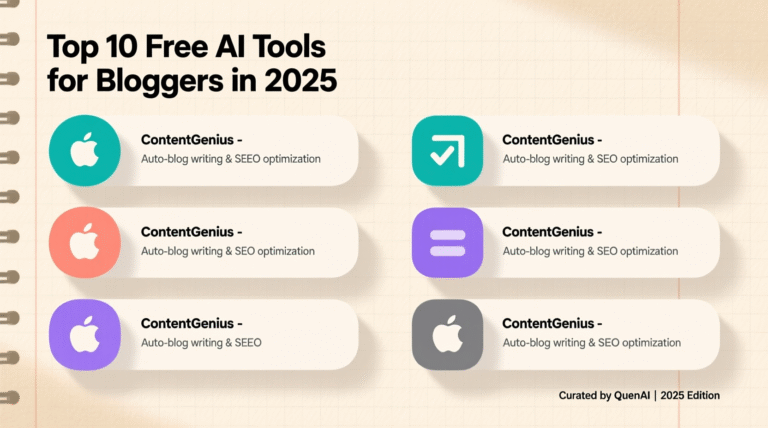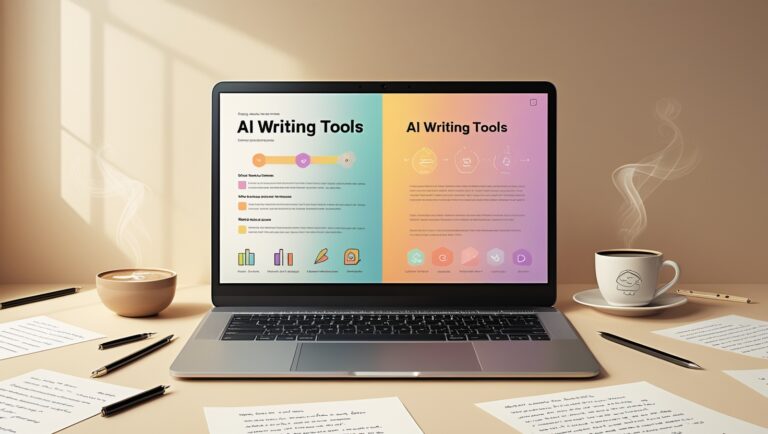The Future of Artificial Intelligence
Future of Artificial Intelligence
- Introduction
Friends, welcome to this blog. Today, we will discuss Artificial Intelligence and provide some important information about what AI is and how it has become an integral part of our daily lives. If you like this blog article, feel free to write to us with your suggestions.Since its inception, AI has come a long way. From simple rule-based systems to complex machine learning algorithms, AI has evolved to mimic human intelligence and perform tasks once considered exclusive to humans. Looking ahead, the future of Artificial Intelligence holds immense potential and limitless possibilities.
- Defining Artificial Intelligence
Artificial Intelligence (AI) refers to the development of computer systems capable of performing tasks that require human-like intelligence. It involves creating algorithms and models that enable machines to learn from data, recognize patterns, make decisions, and solve complex problems. AI encompasses various subfields, including machine learning, natural language processing, computer vision, and robotics. By emulating human intelligence, AI aims to automate processes, enhance efficiency, and provide intelligent solutions across different domains. It has the potential to transform industries, drive innovation, and profoundly shape the future of technology.
- Evolution of Artificial Intelligence
Over the years, AI has undergone significant advancements. Its origins lie in symbolic AI, where rules were explicitly programmed to solve problems. However, limitations of this approach led to the rise of machine learning. Machine learning algorithms enabled computers to learn from data and improve their performance over time. Today, deep learning, a subset of machine learning, has revolutionized AI by enabling neural networks to learn from vast amounts of data and make complex decisions.
- Advancements in Machine Learning
Machine learning algorithms have witnessed remarkable progress in recent years. With the availability of big data and powerful computational resources, machines can now learn patterns and make predictions with unprecedented accuracy. Techniques such as supervised learning, unsupervised learning, and reinforcement learning have advanced the field, making AI systems more intelligent and adaptable.
- Potential of Deep Learning
Inspired by the structure of the human brain, deep learning has opened new frontiers in AI. Deep neural networks, comprising multiple layers of interconnected neurons, can analyze complex data and derive meaningful insights. AI is rapidly being integrated into the education sector. AI-powered tutoring systems can provide personalized learning experiences, cater to individual student needs, and offer targeted feedback. AI algorithms can analyze student performance data, identify areas for improvement, and suggest personalized study plans. Additionally, AI-powered tools assist in automating administrative tasks, allowing educators more time to focus on teaching.
- Applications of Artificial Intelligence
Artificial Intelligence has found applications in various fields. In healthcare, AI assists in diagnosing diseases, analyzing medical images, and developing personalized treatment plans. In finance, AI algorithms help detect fraud, predict market trends, and optimize investment portfolios. Other sectors, such as transportation, manufacturing, education, and entertainment, also benefit from AI-powered solutions.
- Ethical Considerations and Challenges
As AI becomes more widespread, ethical considerations and challenges arise. Issues like algorithmic bias, privacy concerns, job displacement, and impacts on social dynamics require careful attention. Balancing innovation and responsibility is crucial to ensure that AI technologies are developed and deployed ethically for the benefit of society.
- Key Role of AI in the Business Sector
Artificial Intelligence (AI) has emerged as a game-changer in numerous industries, revolutionizing the way businesses operate and transforming traditional practices. From healthcare to finance, manufacturing to retail, AI is making significant contributions and paving the way for a more efficient and intelligent future. In this article, we explore the role of Artificial Intelligence across various industries and its impact on their operations.1. Healthcare
With AI integration, the healthcare industry has undergone profound changes. AI-powered systems can analyze vast amounts of medical data, including patient records, lab results, and research papers, to assist in disease diagnosis, treatment planning, and drug discovery. Machine learning algorithms can identify patterns and correlations that humans might overlook, leading to more accurate diagnoses and personalized treatment options.
2.
Finance
AI has revolutionized various aspects of financial operations. AI algorithms can analyze large volumes of financial data in real-time, make predictions, detect patterns, and identify anomalies. This enables financial institutions to improve risk assessment, fraud detection, and portfolio management. AI-powered chatbots and virtual assistants are also being used to enhance customer service and provide personalized financial advice. Additionally, AI-driven algorithmic trading has transformed the stock market by executing trades at high speeds and identifying profitable opportunities.
Transportation
The transportation industry is undergoing a significant transformation with the introduction of AI technologies. Self-driving cars, powered by AI algorithms and sensors, have the potential to revolutionize mobility by improving road safety and efficiency. AI-based routing algorithms optimize transportation networks, reducing congestion and travel time. Intelligent traffic management systems use AI to analyze real-time traffic data, adjust traffic signals, and minimize disruptions.
Entertainment
AI is revolutionizing the entertainment industry by enhancing content creation, curation, and distribution. AI algorithms analyze large amounts of data, including user preferences, viewing history, and social media interactions, to personalize content recommendations. This improves user engagement and increases content consumption. AI-powered algorithms are also expanding creative possibilities by generating music, artwork, and even scripts.
Table of Contents
- Defining Artificial Intelligence
- Evolution of Artificial Intelligence
- Advances in Machine Learning
- Potential of Deep Learning
- Applications of Artificial Intelligence
- Ethical Considerations and Challenges
- Role of Artificial Intelligence in Different Industries
- Collaborative Intelligence: Humans and AI Working Together
- Impact of AI on the Job Market
- Future Prospects of Artificial Intelligence.
Conclusion
Artificial Intelligence has emerged as a powerful tool that is reshaping various industries. From healthcare to finance, manufacturing to retail, transportation to education, and entertainment, AI is revolutionizing operations, improving efficiency, and enhancing customer experiences.








